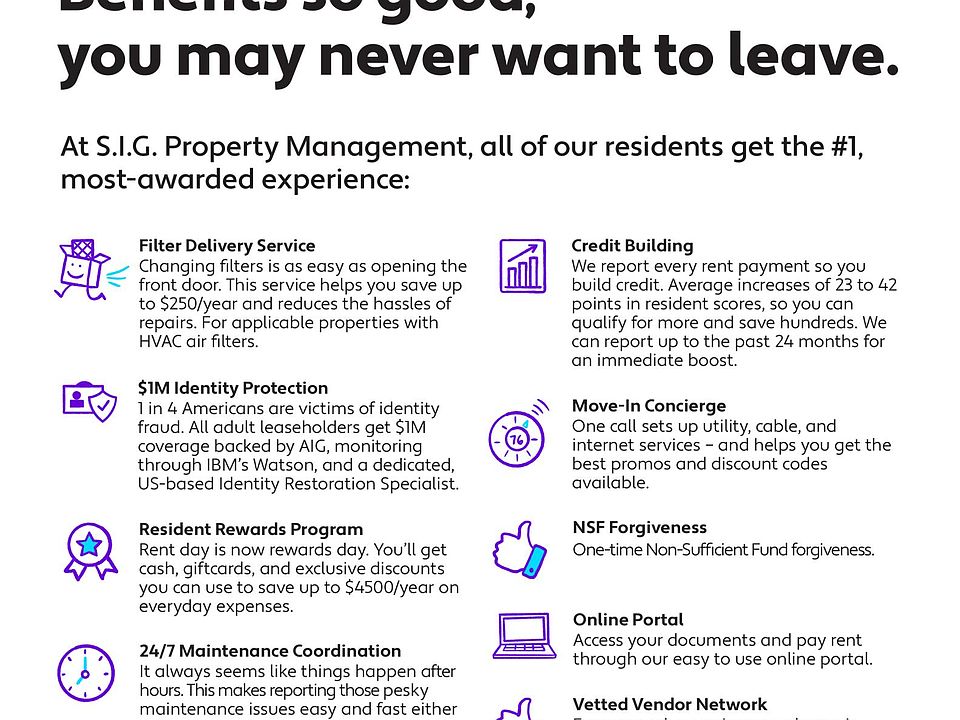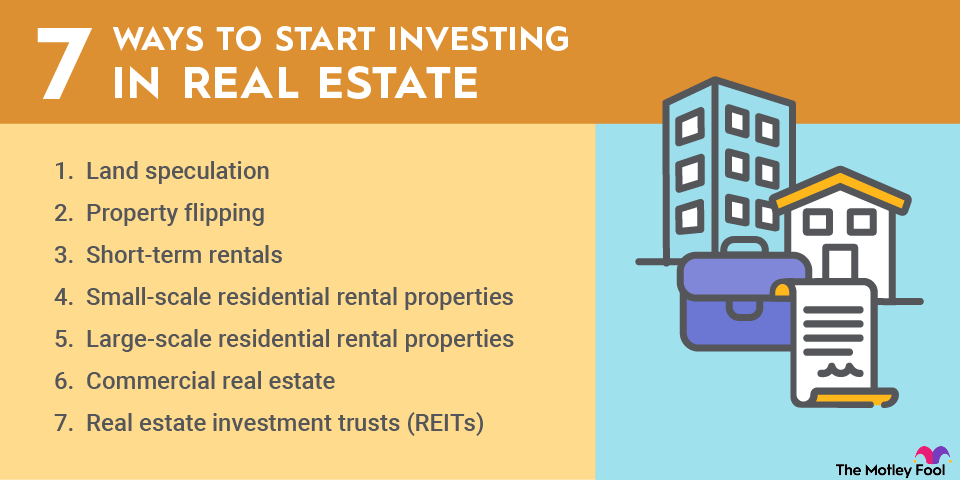Discover the 7 secrets property managers use to optimize their success and streamline their operations for maximum efficiency.

Image courtesy of George Becker via Pexels
Table of Contents
- Introduction: Who Takes Care of All the Buildings?
- Getting Organized: The Key to Managing Properties
- Communication Skills: Talking and Listening
- Fix-it Skills: Maintaining Properties
- Finding Good Helpers: Building a Dream Team
- Money Matters: Budgeting and Expenses
- Finding New Renters: Attracting Good Tenants
- Staying Cool: Handling Tough Situations
- Learning Never Ends: Keep Improving
- Conclusion: Becoming a Super Property Manager!
- FAQs: Questions You Might Have
Introduction: Who Takes Care of All the Buildings?
Have you ever wondered who takes care of all the buildings you see around your neighborhood? Well, that’s where property managers come in! These are the awesome folks who make sure everything in a building runs smoothly and that the people living or working there are happy. Let’s dive into the world of property managers and learn more about what they do!
Property managers are like the superheroes of buildings. They handle everything from making sure repairs get done to finding new tenants to live in the properties. They work hard to keep the buildings safe, clean, and a great place to live or work. Let’s explore the exciting world of property management together!
Getting Organized: The Key to Managing Properties
Managing properties can be a lot of work, but there’s a secret to making it a whole lot easier: getting organized! When you’re organized, you can keep track of everything you need to do and make sure that all your properties are running smoothly and efficiently. Let’s dive into some property management advice that will help you stay on top of your game.
Making Lists, Checking ’em Twice
One of the best ways to stay organized as a property manager is by making lists. Lists can help you keep track of all the tasks you need to complete for each property, from scheduling maintenance checks to following up with tenants about rent payments. By creating a list and checking it twice, you can ensure that nothing falls through the cracks.
Keep Records Like a Pro
Another key aspect of staying organized in property management is keeping good records. This means keeping track of important documents, such as leases, maintenance records, and communication with tenants. By maintaining accurate records, you can easily reference important information when needed and stay on top of any issues that may arise.
Communication Skills: Talking and Listening
Good communication is like a superpower for property managers. It helps them connect with residents, work effectively with their teams, and keep everything running smoothly. Let’s dive into the essential communication skills all property managers should master.
Image courtesy of managecasa.medium.com via Google Images
Being a Good Listener
Listening is a super important skill for property managers. When you listen carefully to what your tenants have to say, you can understand their concerns, suggestions, and feedback better. This helps you make the right decisions and create a happy living environment for everyone in the property.
Clear Talks
Clear communication is key! When you have something important to say to your residents or team members, make sure to express yourself clearly and kindly. Use simple words and friendly tone to avoid misunderstandings.
Fix-it Skills: Maintaining Properties
In property management, it’s essential to keep the properties in top shape to ensure the safety and satisfaction of everyone involved. Here are some key tips on how to maintain properties effectively:
Regular Check-ups
One crucial aspect of maintaining properties is scheduling regular check-ups. By inspecting the property on a routine basis, property managers can catch any potential issues early on before they turn into major problems. This proactive approach helps prevent costly repairs and ensures that the property remains in excellent condition.
Quick Fixes
Handling small repairs quickly is another important fix-it skill for property managers. Whether it’s a leaky faucet or a broken light fixture, addressing these minor issues promptly can make a big difference in the overall maintenance of the property. By being proactive and responsive to maintenance requests, property managers can create a safe and comfortable environment for residents and guests.
Finding Good Helpers: Building a Dream Team
As a property manager, one of the key strategies to success is building a reliable and skilled team to assist you in managing properties effectively. Hiring the right people and fostering teamwork can make a significant difference in how smoothly operations run. Let’s explore some tips on finding good helpers to create your dream team.

Image courtesy of www.zumper.com via Google Images
Hiring Wisely
When looking to add members to your property management team, it’s crucial to hire wisely. Seek individuals who not only possess the necessary skills and experience but also align with your values and work ethic. Conduct thorough interviews and background checks to ensure that you’re bringing on board individuals who are reliable, trustworthy, and dedicated to the job.
Teamwork Rocks!
Once you have assembled your team, the next step is to emphasize the importance of teamwork. Encouraging collaboration and open communication among team members can lead to greater efficiency and productivity. When everyone works together harmoniously towards a shared goal, tasks are completed more effectively, and challenges are overcome with ease. Remember, teamwork truly does rock!
Money Matters: Budgeting and Expenses
Managing a property involves more than just looking after the buildings; it also means keeping a close eye on the finances. Let’s dive into the world of budgeting and expenses to ensure that the property’s financial health stays strong.
Count Your Pennies
Budgeting is like making a plan for your money. It helps you know how much you have coming in and going out each month. By creating a budget, property managers can track expenses, set financial goals, and make sure they don’t overspend. It’s like having a roadmap for your money!
| # | Tip |
|---|---|
| 1 | Be proactive in property maintenance to prevent costly repairs. |
| 2 | Establish clear communication with tenants to address concerns promptly. |
| 3 | Keep detailed records of all financial transactions and property maintenance. |
| 4 | Stay informed about local landlord-tenant laws and regulations. |
| 5 | Regularly inspect properties to ensure they are well-maintained and compliant with regulations. |
| 6 | Provide clear lease agreements to tenants outlining expectations and responsibilities. |
| 7 | Develop good relationships with trusted contractors for timely and efficient property repairs. |
Watching Spending
Once you have a budget in place, it’s essential to keep track of expenses. By recording every penny spent on maintenance, repairs, or other property-related costs, property managers can better understand where their money is going. Finding ways to save money, like comparing prices or negotiating deals, can also help keep expenses in check.
Finding New Renters: Attracting Good Tenants
In order to keep properties well-maintained and profitable, property managers need to find good tenants who will take care of the spaces they rent. Here are some tips to attract responsible and reliable renters:

Image courtesy of www.zillow.com via Google Images
Make It Shine
One of the best ways to attract good tenants is by ensuring that the property looks appealing and well-maintained. This means keeping the building clean, fixing any issues promptly, and enhancing the curb appeal. A well-kept property will naturally attract tenants who value their living environment.
Advertise Like a Star
Effective marketing and advertising are key to reaching potential renters. Make use of online platforms, social media, and property listing websites to showcase the property and highlight its best features. High-quality photos and detailed descriptions can make a significant difference in attracting the right tenants. Consider using professional real estate photographers to capture the property in its best light.
Staying Cool: Handling Tough Situations
As a property manager, you may encounter some tough situations from time to time. It’s essential to handle these situations calmly and effectively. Here are some strategies to help you stay cool under pressure:
Problem-Solving Steps
When faced with a challenging situation, it’s important to approach it methodically. Start by identifying the problem and gathering all relevant information. Then, brainstorm possible solutions and evaluate their potential outcomes. Finally, choose the best course of action and implement it promptly. Remember, staying calm and focused will help you tackle any issue that comes your way.
Keeping It Fair
Being fair and consistent is key when dealing with tough situations as a property manager. Make sure to apply rules and guidelines uniformly to all tenants to avoid conflicts and maintain a harmonious environment. By treating everyone fairly and with respect, you can establish trust and credibility, even in challenging circumstances.
Learning Never Ends: Keep Improving
As a property manager, you already know how important it is to stay organized, communicate effectively, maintain properties, build a strong team, handle finances wisely, attract good tenants, and handle tough situations with calmness and fairness. But guess what? Learning never ends! Even superheroes like you can always improve and become even better at managing properties. Here’s how:

Image courtesy of www.fool.com via Google Images
Learning New Skills
So, you’ve mastered the basics of property management. Great job! But there’s always room for growth. Keep an eye out for workshops, online courses, or books that can teach you new and valuable skills. Maybe you want to learn more about sustainable property management practices or delve deeper into financial planning. The more you know, the more confident and successful you’ll become as a property manager.
Asking for Feedback
Feedback is like a magic mirror that reveals your strengths and areas for improvement. Don’t be afraid to ask your team, tenants, or even fellow property managers for feedback on how you’re doing. Maybe there’s a communication style you can tweak or a new technology tool you can learn to use. Constructive feedback helps you grow and adapt, making you an even more effective property manager.
Conclusion: Becoming a Super Property Manager!
Wow! You’ve learned so many helpful tips and strategies on how to become an amazing property manager. By putting all these tips into practice, you can envision yourself as a super property manager who takes care of buildings with ease and expertise. Let’s recap some key points that can help you on your journey to greatness!
Being organized is the key to managing properties effectively. By making lists and keeping good records, you can stay on top of tasks and property details, ensuring everything runs smoothly.
Communication skills are essential for property managers. By being a good listener and communicating clearly, you can build strong relationships with residents and teams, making your job much easier.
Don’t forget about maintaining properties! Regular check-ups and quick fixes can help prevent bigger issues, keeping everyone happy and safe.
Building a dream team is crucial in property management. By hiring wisely and working together, you can achieve success in managing properties more efficiently.
Managing money matters by budgeting and watching spending is key to keeping property finances healthy. Count your pennies and find ways to save money to ensure financial stability.
When looking for new renters, make sure to present the property well and advertise effectively to attract good tenants who will take care of the property.
Handling tough situations with grace and fairness is important. Using problem-solving steps and enforcing rules consistently can help resolve issues and maintain a positive environment.
Remember, learning never ends! Keep improving by learning new skills and asking for feedback to become the best property manager you can be.
FAQs: Questions You Might Have
What is the toughest part of being a property manager?
Being a property manager comes with many responsibilities, but one of the toughest parts can be dealing with unexpected issues that pop up. Whether it’s a sudden maintenance problem, a difficult tenant, or navigating through complex legal regulations, property managers have to be ready to handle anything that comes their way. However, with good organization, communication, and problem-solving skills, these challenges can be overcome.
How do property managers find the right people to work with them?
When it comes to building a dream team, property managers must be strategic in their hiring process. It’s essential to look for individuals who are reliable, skilled, and share the same values and work ethic as you. Conduct thorough interviews, check references, and assess each potential team member’s qualifications to ensure they are the right fit for your property management team. Remember, teamwork is crucial in managing properties effectively, so having the right people by your side can make all the difference.
Idaho Poperty Management
